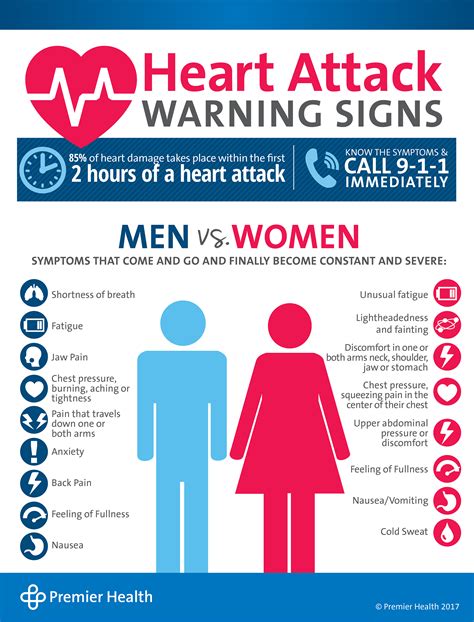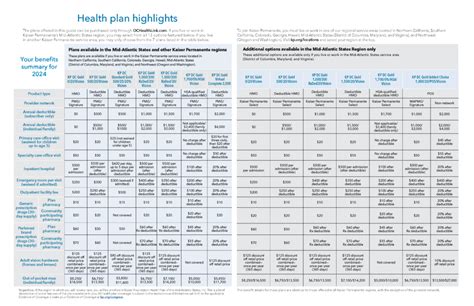Ppo Vs Hmo

When it comes to choosing a health insurance plan, two of the most common types of plans are Preferred Provider Organization (PPO) and Health Maintenance Organization (HMO) plans. Both types of plans have their own set of benefits and drawbacks, and understanding the differences between them can help individuals make an informed decision about which type of plan is best for their needs.
What is a PPO Plan?
A PPO plan is a type of health insurance plan that allows individuals to receive medical care from a network of healthcare providers who have agreed to provide discounted services to plan members. PPO plans typically offer a wide range of healthcare providers, including primary care physicians, specialists, and hospitals. Plan members are not required to choose a primary care physician, and they can see any healthcare provider in the network without a referral.
One of the key benefits of PPO plans is the flexibility they offer. Plan members can see any healthcare provider in the network, and they can also see providers outside of the network, although at a higher cost. This flexibility can be particularly beneficial for individuals who need to see specialists or receive care from out-of-network providers.
What is an HMO Plan?
An HMO plan, on the other hand, is a type of health insurance plan that requires plan members to receive medical care from a specific network of healthcare providers. HMO plans typically require plan members to choose a primary care physician, who coordinates their care and provides referrals to specialists as needed. Plan members are generally required to see healthcare providers within the network, and care received from out-of-network providers is typically not covered, except in emergency situations.
One of the key benefits of HMO plans is the cost savings they offer. HMO plans are often less expensive than PPO plans, because plan members are required to receive care from a specific network of providers. This can help to control costs and reduce the financial burden on plan members.
Key Differences Between PPO and HMO Plans
When it comes to choosing between a PPO and HMO plan, there are several key differences to consider. Here are some of the main differences:
- Network: PPO plans offer a wider range of healthcare providers, while HMO plans require plan members to receive care from a specific network of providers.
- Referrals: PPO plans do not require referrals to see specialists, while HMO plans often require plan members to get a referral from their primary care physician before seeing a specialist.
- Out-of-network care: PPO plans typically cover out-of-network care, although at a higher cost, while HMO plans do not cover out-of-network care, except in emergency situations.
- Cost: HMO plans are often less expensive than PPO plans, because plan members are required to receive care from a specific network of providers.
- Flexibility: PPO plans offer more flexibility than HMO plans, because plan members can see any healthcare provider in the network, and they can also see providers outside of the network.
Pros and Cons of PPO Plans
Here are some of the pros and cons of PPO plans:
Pros:
- Flexibility: PPO plans offer more flexibility than HMO plans, because plan members can see any healthcare provider in the network, and they can also see providers outside of the network.
- Wide range of providers: PPO plans typically offer a wide range of healthcare providers, including primary care physicians, specialists, and hospitals.
- No referrals needed: PPO plans do not require referrals to see specialists.
Cons:
- Higher cost: PPO plans are often more expensive than HMO plans, because plan members have more flexibility and can see providers outside of the network.
- Higher out-of-pocket costs: PPO plans often have higher out-of-pocket costs, because plan members may have to pay more for care received from out-of-network providers.
Pros and Cons of HMO Plans
Here are some of the pros and cons of HMO plans:
Pros:
- Lower cost: HMO plans are often less expensive than PPO plans, because plan members are required to receive care from a specific network of providers.
- Predictable costs: HMO plans often have more predictable costs, because plan members know exactly what they will pay for care received from in-network providers.
- Preventive care focus: HMO plans often focus on preventive care, which can help to reduce healthcare costs in the long run.
Cons:
- Limited provider network: HMO plans require plan members to receive care from a specific network of providers, which can limit their options.
- Referrals required: HMO plans often require plan members to get a referral from their primary care physician before seeing a specialist.
- No out-of-network care: HMO plans do not cover out-of-network care, except in emergency situations.
Which Plan is Right for You?
Ultimately, the choice between a PPO and HMO plan depends on your individual needs and preferences. If you value flexibility and want to be able to see any healthcare provider, a PPO plan may be the best choice for you. On the other hand, if you are looking for a more affordable option and are willing to receive care from a specific network of providers, an HMO plan may be the better choice.
Here are some questions to consider when choosing between a PPO and HMO plan:
- Do you have a primary care physician? If you have a primary care physician, an HMO plan may be a good choice, because you will be required to receive care from a specific network of providers.
- Do you need to see specialists? If you need to see specialists, a PPO plan may be a better choice, because you will not need a referral to see a specialist.
- Are you willing to pay more for flexibility? If you are willing to pay more for flexibility, a PPO plan may be the best choice for you.
- Are you looking for a more affordable option? If you are looking for a more affordable option, an HMO plan may be the better choice.
FAQs
Here are some frequently asked questions about PPO and HMO plans:
What is the main difference between a PPO and HMO plan?
+The main difference between a PPO and HMO plan is the level of flexibility offered. PPO plans allow plan members to see any healthcare provider in the network, and they can also see providers outside of the network, although at a higher cost. HMO plans, on the other hand, require plan members to receive care from a specific network of providers, and care received from out-of-network providers is typically not covered, except in emergency situations.
Are PPO plans more expensive than HMO plans?
+Yes, PPO plans are often more expensive than HMO plans, because plan members have more flexibility and can see providers outside of the network. However, the cost difference between PPO and HMO plans can vary depending on the specific plans and providers involved.
Can I see any healthcare provider with an HMO plan?
+No, with an HMO plan, you are required to receive care from a specific network of healthcare providers. Care received from out-of-network providers is typically not covered, except in emergency situations.
Do I need a referral to see a specialist with a PPO plan?
+No, with a PPO plan, you do not need a referral to see a specialist. You can see any healthcare provider in the network, and you can also see providers outside of the network, although at a higher cost.
Can I change from a PPO plan to an HMO plan?
+Yes, you can change from a PPO plan to an HMO plan, but you may need to wait until the next open enrollment period to make the change. It's also important to consider the potential impact on your healthcare costs and provider network.
In conclusion, choosing between a PPO and HMO plan depends on your individual needs and preferences. If you value flexibility and want to be able to see any healthcare provider, a PPO plan may be the best choice for you. On the other hand, if you are looking for a more affordable option and are willing to receive care from a specific network of providers, an HMO plan may be the better choice. By understanding the differences between PPO and HMO plans, you can make an informed decision about which type of plan is best for your needs.


